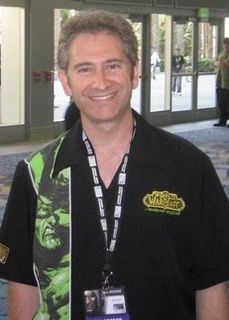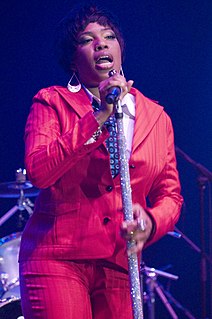A Quote by Jonathan Haidt
I think of myself as a social scientist. In order to get hired and to get promoted, we're forced to declare a disciplinary and sub-disciplinary specialty, so I am a psychologist and I am a social psychologist within that. But I think the exciting thing is to think about the social sciences in general and the nature of society. It's one of the hardest things to think about, because our brains aren't designed to think about these emergent entities. We're not good at it.
Related Quotes
I think sociologists are among the best at thinking about emergence, of thinking about the ways that the society is more than the sum of the individuals. And I've found that much of the wisest writing on human social nature comes from sociology and anthropology, not from my own field of social psychology.
The great thing about living until you get a bit older if you are a writer, and especially a poet, is that you have more life to reflect on. And I think that if I am better now - and I think that I am probably better than I was - is because that I simply have more to think about, more to get under control, more to understand.
I think, for me specifically when it comes to music, I don't think that I need any persuading to think about it. It's always kind of in the back of your mind and - but I think it's part of who I am and always will be, I mean, in a very cellular way. When you grow up doing, you know, one thing, I think you get to this place where you want to try new things. And I do think that we live in the type of world where people get comfortable with you in one way, and so seeing you in a different way, it takes some time.
The funny thing about Facebook and Twitter is, you can go on there and see what's going on in the world without watching the news. I get so much news off of social media. I think it's cool. It's changed everything, not just music. It's changed the world. It definitely is a good thing. I don't really know what I think of it yet more than that. I haven't really sorted that out for myself.
I think success is about purpose. People ask about success at different points in your life. As I look back, I think people that are successful feel good about what they are doing, and they can look back at what they've done and they feel good about it. People sometimes ask about success and they say, "What's your legacy?" and I say, "I think it's really a dumb question." I think the question is: What am I doing now? Do I feel good about myself? Am I proud of myself? Whatever purpose there is in life, I think success is about purpose. It's not about material things.
Spaces of liberation are, in a certain way, some kind of social spaces where people can not only get together and think about something else, but also act together. If you are thinking about an elemental solidarity, you are thinking about people acting together and taking decisions together, and thereby beginning to think about what sort of society they want to create. So, there is a need for liberated spaces; that is really difficult.
Class is something that I think seriously about and try to organise my politics around. I think there are lots of novels that don't really engage with questions of class at all, and they get less conversation about issues of social privilege than I do. But it's better to try and talk about it and maybe fail.
I don't wish to defend everything that has been done in the name of Utopia. But I think many of the attacks misconceive its nature and function. As I have tried to suggest, utopia is not mainly about providing detailed blueprints for social reconstruction. Its concern with ends is about making us think about possible worlds. It is about inventing and imagining worlds for our contemplation and delight. It opens up our minds to the possibilities of the human condition.





































